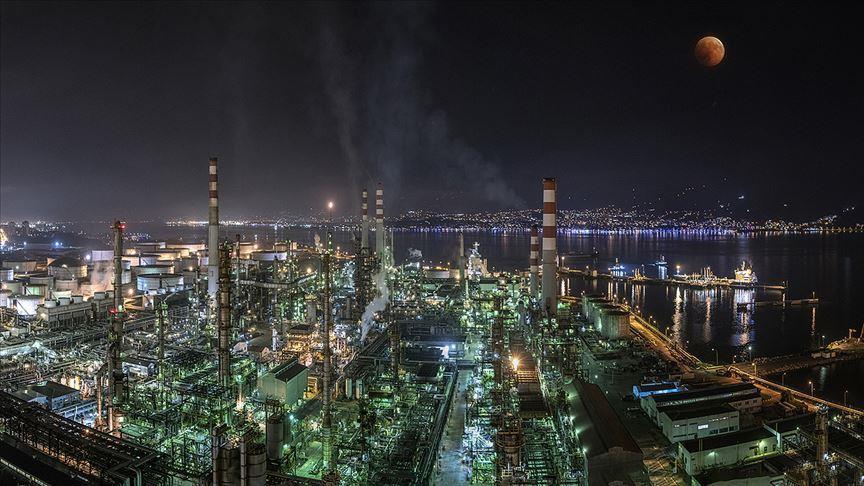Oil prices edged lower during the week ending August 16, weighed down by demand uncertainties following recent data releases. Gains were limited by geopolitical tensions in the Middle East, which holds a significant portion of global oil reserves.
The International benchmark Brent crude traded at $79.36 per barrel at 5.27 p.m. local time (1427 GMT) on Friday, down by around 0.4% relative to the closing price of $79.66 a barrel on Friday last week.
West Texas Intermediate (WTI), the American benchmark, traded at $76.27 a barrel at the same time on Friday, a decrease of about 0.7% from last Friday's session, which closed at $76.84 per barrel.
Prices had initially climbed earlier in the week as easing recession fears in the U.S., the world's largest oil consumer, provided support. Investors were previously concerned that the U.S. Federal Reserve might delay easing monetary policy, potentially triggering a recession.
However, upbeat economic data from the U.S. suggested that a recession might not be imminent.
Meanwhile, geopolitical tensions in the Middle East, home to the majority of global oil reserves, also supported prices over the week.
Israel is on alert for possible military attack from Iran, Hezbollah in Lebanon, Houthis in Yemen, and Iranian-backed armed militias in Iraq and Syria following the assassination of Hamas chief Ismail Haniyeh in Tehran at the end of July.
Israel has not taken responsibility for Haniyeh's assassination but did claim responsibility for the earlier assassination of prominent Hezbollah leader Fouad Shukr in the Beirut suburb.
The escalation of supply concerns due to the Ukraine-Russia conflict also contributed to upward price movements.
However, these gains were offset by demand concerns as both the Organization of the Petroleum Exporting Countries (OPEC) and the International Energy Agency (IEA) revised their demand forecasts for 2024 and 2025 downward.
Additionally, market expectations for a Federal Reserve rate cut in September increased after data showed a slowdown in U.S. inflation in July, reinforcing the belief that oil demand in the world's largest consumer could rise.
By Firdevs Yuksel
Anadolu Agency
energy@aa.com.tr


